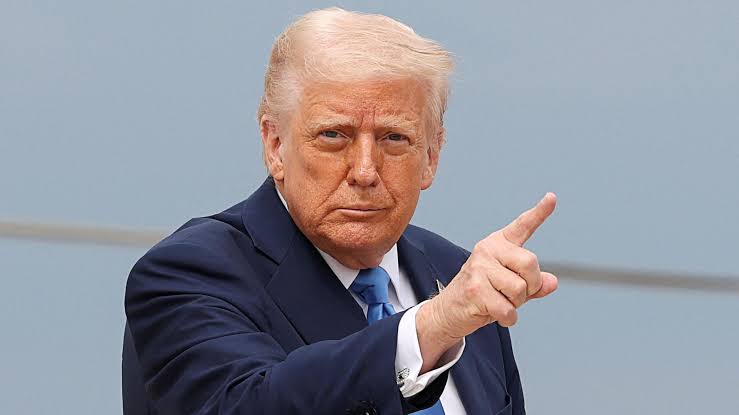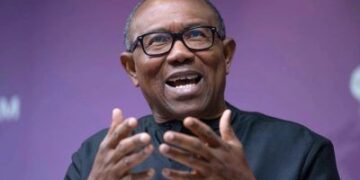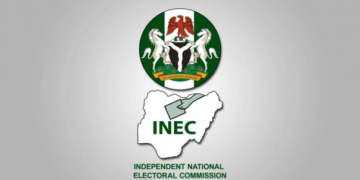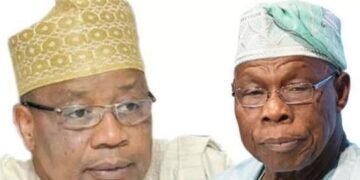U.S. President Donald Trump has imposed a 14% tariff on Nigerian exports to the United States. He announced the decision during a ‘Make America Wealthy Again’ event at the White House Rose Garden on Wednesday, emphasizing the need to address what he described as unfair trade practices.
The decision marks a significant shift in U.S.-Nigeria trade relations. Washington cites trade imbalances as a key factor, arguing that Nigeria’s 27% tariff on American goods creates a disadvantage for U.S. businesses. To correct this disparity, U.S. officials have introduced the new tariff, aiming to create a more balanced trade environment.
“This is one of the most important days in American history,” Trump declared during his speech. “We will supercharge our domestic industrial base, pry open foreign markets, and break down barriers. More production at home means stronger competition and lower prices for American consumers.”
Global Impact and Market Reactions
The 14% tariff on Nigerian exports forms part of a broader policy shift that includes a baseline 10% tariff on all U.S. imports. This decision affects over 50 countries, including key trade partners such as China, the European Union, India, and Japan, alongside developing economies across Africa, Asia, and Latin America.
Several African nations now face steeper tariff hikes. For instance, Algeria must now pay a 30% tariff, while Lesotho faces a 50% charge. Similarly, Mauritius deals with a 40% tariff, and both Kenya and Ghana each see a 10% increase. Namibia and Ethiopia must now pay 21%, while South Africa receives a reciprocal 30% levy.
This policy shift has triggered significant reactions in global markets. Many analysts warn that the decision could provoke retaliatory measures from affected nations, potentially escalating trade tensions worldwide. As Trump continues to push his ‘America First’ agenda, the international response remains uncertain. While Nigerian officials have yet to issue a formal statement, economic experts predict far-reaching consequences for trade and diplomatic ties between both nations.










